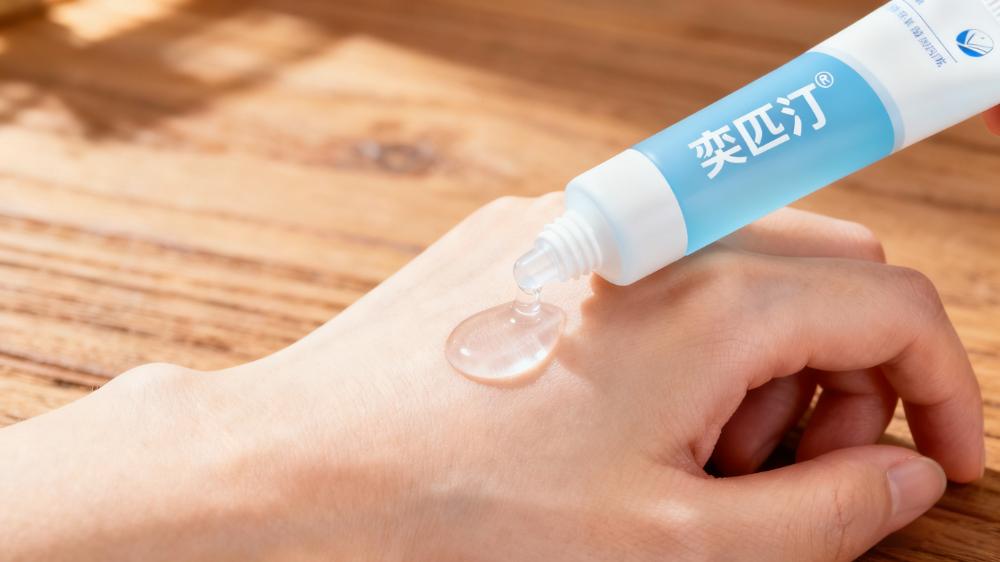Recently, Indetek Lab's innovative drug, IDT-003 gel, successfully submitted an Investigational New Drug (IND) application to the Center for Drug Evaluation, NMPA (CDE) and was accepted. IDT-003 aims to provide a superior and safe treatment option for melasma, a skin condition that affects a wide range of people.
IDT-003: an innovative topical drug developed by ILDS® transdermal technology platform
IDT-003 is being developed using Indetek's proprietary ILDS® technology platform, which significantly improves the efficiency of transdermal drug delivery, while maintaining long-term efficacy and safety. The development goal for IDT-003 is to become a first-line treatment for melasma.
In preclinical efficacy studies, IDT-003 demonstrated significant therapeutic effects on pigmentation in natural melanin models and pathological models of melasma, with efficacy exceeding that of current first-line drugs recommended by clinical guidelines, indicating its potential for superior efficacy. In terms of safety assessment, IDT-003 showed lower skin irritation and sensitisation than a first-line agent, demonstrating a promising safety outlook. In addition, IDT-003 has ideal pharmacokinetic properties; the ILDS® significantly increases local skin drug concentration while dramatically reducing systemic drug exposure, suggesting a good outlook for both efficacy and safety.
Melasma: current treatments and future prospects
Melasma is a chronic acquired facial hyperpigmentary dermatosis. Clinically, it presents as symmetrical patches of varying shades of light to dark brown on the cheeks, forehead and chin, with a high incidence of up to 30% in Asian women of childbearing age. It is recurrent, difficult to cure and causes significant distress to patients.
Current treatment options for melasma include drugs and surgical therapy. Guideline-recommended systemic and topical drugs have significant shortcomings in terms of efficacy, safety and compliance. Surgical treatments (chemical peels, phototherapy) are only appropriate during stable phases of melasma. Chemical peels can be irritating to the skin and lead to post-inflammatory hyperpigmentation, especially in individuals with darker skin tones; phototherapy can cause hyperpigmentation, hypopigmentation and relapse and is not recommended as a long-term maintenance approach. Therefore, there is a significant unmet need in the clinical treatment of melasma.
IDT-003 is expected to fill this therapeutic gap in melasma by providing a superior and safe treatment option for clinical use. Looking to the future, IDT-003 will also be expanded into other conditions involving excessive pigmentation, such as post-inflammatory hyperpigmentation and senile lentigines, to address unmet treatment needs in these areas.




